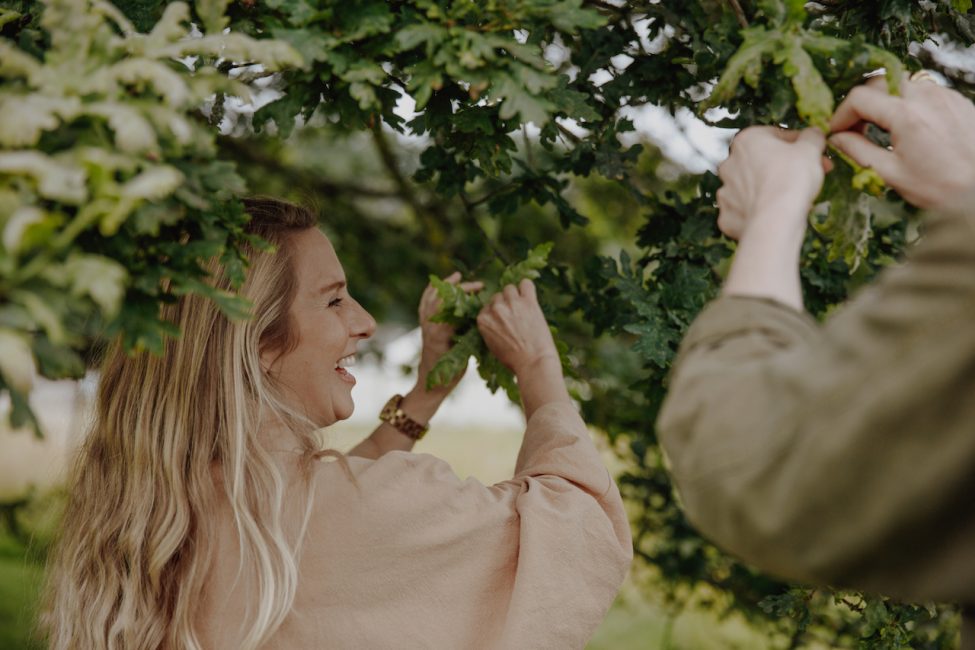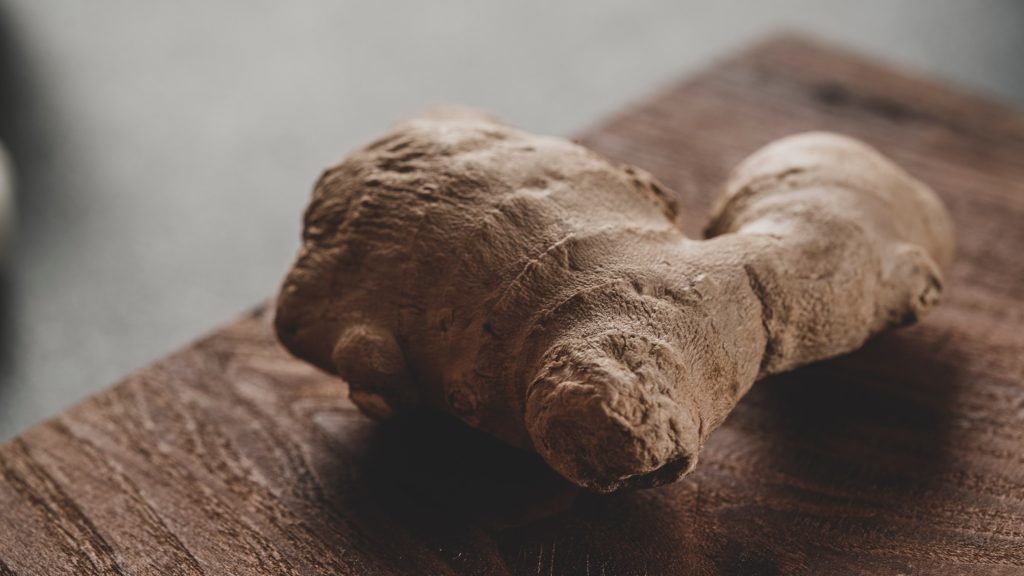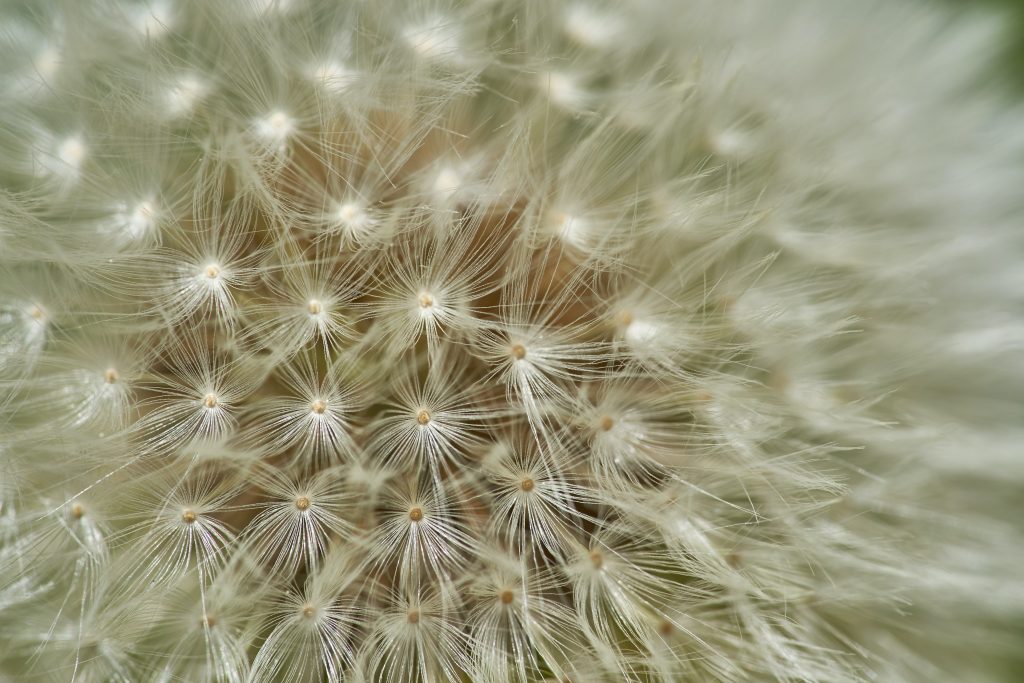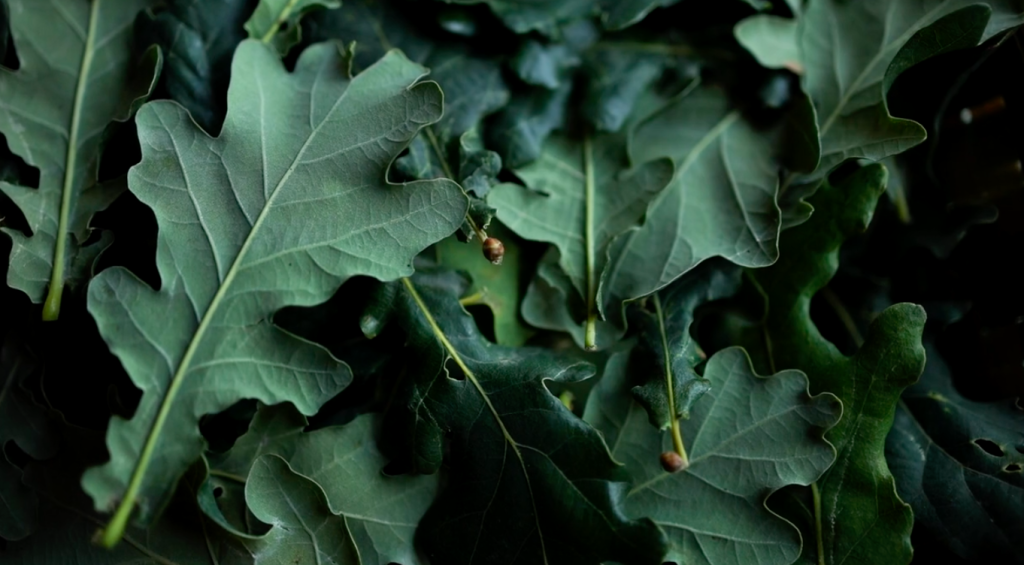Most of us have experienced lows with our mental health at some point in our lives. With one in four people experiencing anxiety, depression, PTSD or other mental illnesses each month, meaning it’s likely that someone within your family, team or community is in need of support.
There are many ways we can look after ourselves or others during hard times and it’s often the simplest acts that make a big difference. This may look like calling a friend, reducing our schedule, eating easy healthy meals (starting a meal chain for someone) or seeking professional support such as therapy or group counseling.
Over half of adults say that being close to nature improves their mental health, making them feel less worried and anxious. We know nature can’t solve all our problems, however getting outside – come rain or shine – to ground ourselves or spend mindful time amongst the flora and fauna can support us greatly.
This year’s Mental Health Awareness Week campaign focuses on loneliness and the impact it has on our mental health, especially those of us that are carers, widows, have a long-term health condition, disability or live alone. The supportive activities we’ve shared can be great done alone but are even better done with friends or family members, don’t be afraid to invite someone to join you.
Whilst most of these practices require walking or being physically active, you can also enjoy the benefits of nature with a loved one by simply being outside with a cup of tea. The most important thing is actively spending time outside, encouraging feelings of connectedness, both with the natural world and each other.
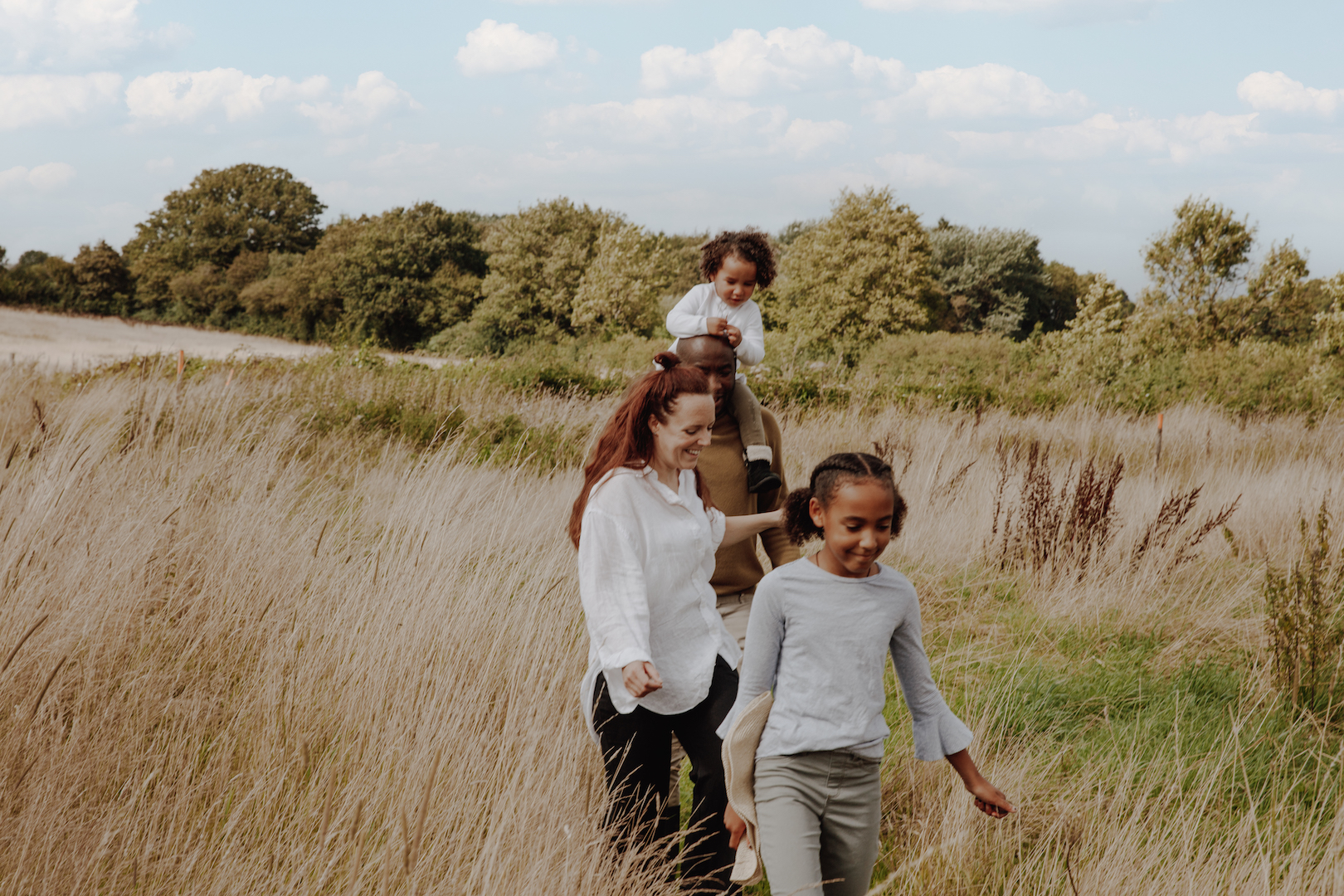
Mindful Walking
Take 20 minutes a day to walk outside with no distractions (yes including your phone). Bring your attention to the color of the sky and leaves, listen to the wind and your breath, becoming mindful of each step you take; noticing the texture and temperature of the ground beneath you. If you can, take off your shoes to enjoy the grounding benefits of walking barefoot on the earth. This is a great practice to do on your lunch break or after a busy day if you need to reconnect to your and the world around you.
Take Your Practice Outside
One of the best things to come out of the pandemic was people taking their daily exercise outside. Try giving your work-out, yoga or qigong class a go in your garden or local park. If you feel safe, you can even sit for meditation under a tree or at a community garden. Enjoy being with the passing clouds and open spaces. You may even make some new local friends!
Foraging For Wild Foods
Spring is a great time to forage for easy to identify wild foods such as nettles, cleavers and dandelions. These plants are nutritious and can help to replenish our bodies with vitamins and minerals as well as getting us out and about, reminding us of the abundance available on our doorsteps. Join a local plant walk or foraging class to know more (we have one this Saturday!)
Deep Listening
In our busy lives, with an overload of information, it can be hard to find time to really listen. Not just to each other but to ourselves and the world around us. Giving ourselves permission to sit in nature with nothing to do but listen can offer our nervous systems a chance to slow down. Upon finding a safe, calming space, focus on your breath for a couple of minutes and then open your ears to receive the sounds of birds, bees and passing animals (including other humans). Notice how you feel after.
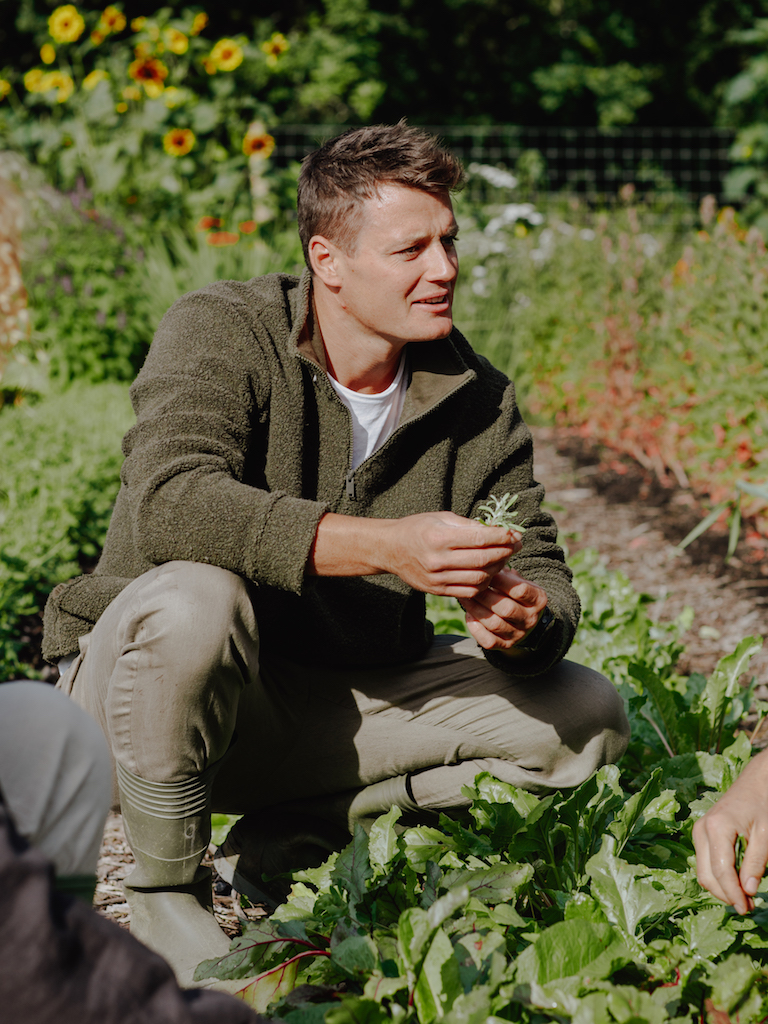
Community Gardening
Studies have shown that long-term loneliness can make us feel anxious and depressed, so by joining a gardening community you’ll not only get out into nature and learn a new skill, you’ll also meet like minded people. You could also invite a friend over to plant a window box, offer to help a neighbor or volunteer at your local park or farm.
Earth Mandala
This is a fun, creative activity to do with kids or friends. On a walk collect any flowers, sticks, leaves, pinecones, rocks or other natural materials. Arrange them as a mandala, creating a circular pattern from a central point. Once you have finished, spend some time reflecting on the materials you’ve used and leave this for others to enjoy, as your Earth Mandala is made with natural materials it’ll compost back into the earth.
Resources:
Mental Health Awareness Week 2022
Mental Health Awareness Week 2021
Mental Health Facts and Statistics – Mind 2017
Nature Report – MHA


